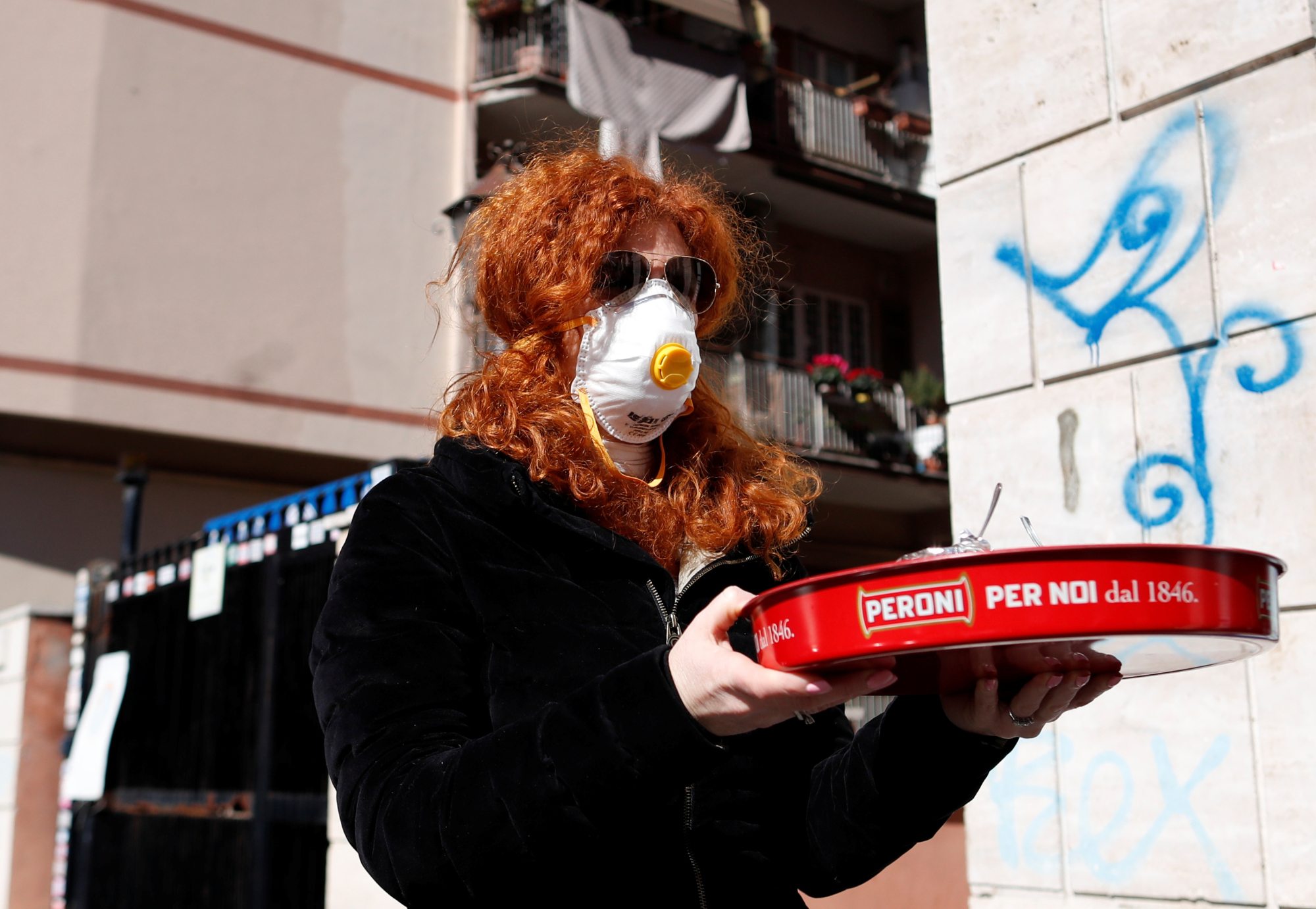In late February I first saw signs of growing consumer anxiety over the spread of the new coronavirus to Japan. During a convenience store stop I noticed that masks had sold out, but immediately beneath them condoms were in full stock. "People will over-prepare for a crisis" I thought to myself as I snapped a photograph of this melancholy scene, "but they won't prepare for a happy ending."
This face mask sell-out coincided with panic buying of toilet paper and tissues, sparked by false online rumors that these products were running short because they were manufactured in China and their export to Japan would cease. At first I thought such toilet paper panics were a Japanese cultural trait, based on my memories of the panic buying following the March 2011 Tohoku tsunami disaster, and my reading about the first toilet paper panic during the "Oil Shock" in Japan in 1973.
Subsequent toilet paper panics in other countries this month soon proved me wrong, of course. Still clinging to those assumptions about cultural difference, I imagined that at least Japanese shoppers are more stoic, or at worst passive-aggressive, while they are stripping supermarket shelves of toilet paper. In Australia, for instance, there have been incidents of enraged shoppers assaulting each other, supermarket staff and police. However, photographs of angry, scrumming shoppers from the 1973 panic in Japan made me rethink those assumptions too.

















With your current subscription plan you can comment on stories. However, before writing your first comment, please create a display name in the Profile section of your subscriber account page.